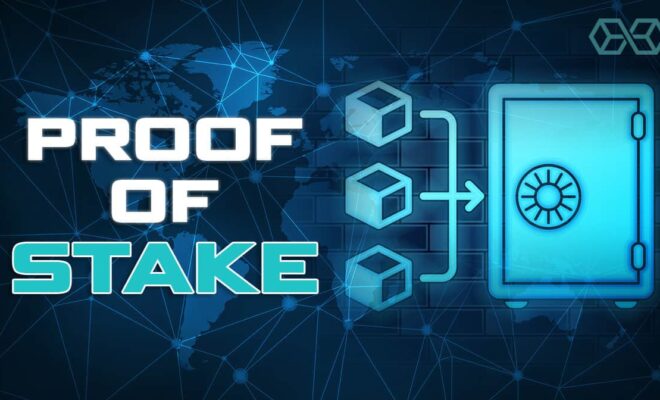Securing Proof of Stake Smart Contracts: The Vital Role of Validators

With the development of blockchain technology, smart contracts have transformed many sectors and are now a crucial component of decentralized apps (dApps). While Proof of Stake (PoS) blockchains are relatively new, smart contracts are not, leading to new security issues. This blog will explore how proof of stake smart contracts are secured by validators.
What Is Proof of Stake (PoS)
PoS blockchains rely on validators who retain and “stake” a fixed amount of bitcoin to protect the network instead of Proof of Work (PoW) consensus processes. The selection of validators depends on their stake, and they are in charge of validating transactions, building new blocks, and upholding network consensus. Reduced energy usage and improved scalability are two benefits of this change in consensus method. It also brings novel security issues, notably concerning protecting smart contracts.
Securing PoS Smart Contracts
Self-executing or smart contracts automatically enforce the terms and conditions set out in them. They provide openness, effectiveness, and autonomy but are not impervious to flaws and possible threats. By ensuring the code is devoid of errors, vulnerabilities, and malicious code that malevolent parties may exploit, validators play a crucial part in protecting PoS smart contracts.
Validators as Auditors
Before a smart contract is performed on the blockchain, validators verify and confirm its integrity as code auditors. This critical stage assists with locating and eliminating possible flaws or bugs that might jeopardize the contract’s security. To inspect the code, perform security audits, and verify compliance with best practices and standards, validators draw on their experience and knowledge. By carrying out these checks, validators serve as gatekeepers, limiting the deployment of flawed or malicious code and reducing the risks related to smart contract vulnerabilities.
Network Consensus and Security
Validators must reach a consensus on the blockchain’s state in a PoS network. They help the network’s overall security by validating transactions and proposing and validating new blocks. Through incentives and sanctions, validators are encouraged to behave honestly. This mechanism makes it economically impossible for malevolent actors to take over since it encourages the majority of validators to act in the network’s best interest. The PoS network’s security and stability are guaranteed by validators working together, directly affecting the security of smart contracts hosted on that network.
Validator Selection and Reputation
In addition to having security duties, PoS networks rigorously choose their validators. The selection criteria consider reputation, prior performance, and the quantity of bitcoin invested. The likelihood of selecting validators with a track record of ethical conduct and technical proficiency to safeguard the network is higher. This selection procedure guarantees that validators are dependable neighborhood residents who care about the network’s success. The network’s security and resilience are further increased because validators are continually evaluated based on their performance, ensuring that only trustworthy and respectable members stay in the system.
Conclusion
As auditors, keepers of network consensus, and guardians of the blockchain’s integrity, validators are crucial to the security of PoS smart contracts. Decentralized apps created on PoS blockchains are often trustworthy and reliable because of their knowledge and dedication to maintaining the network’s security.



